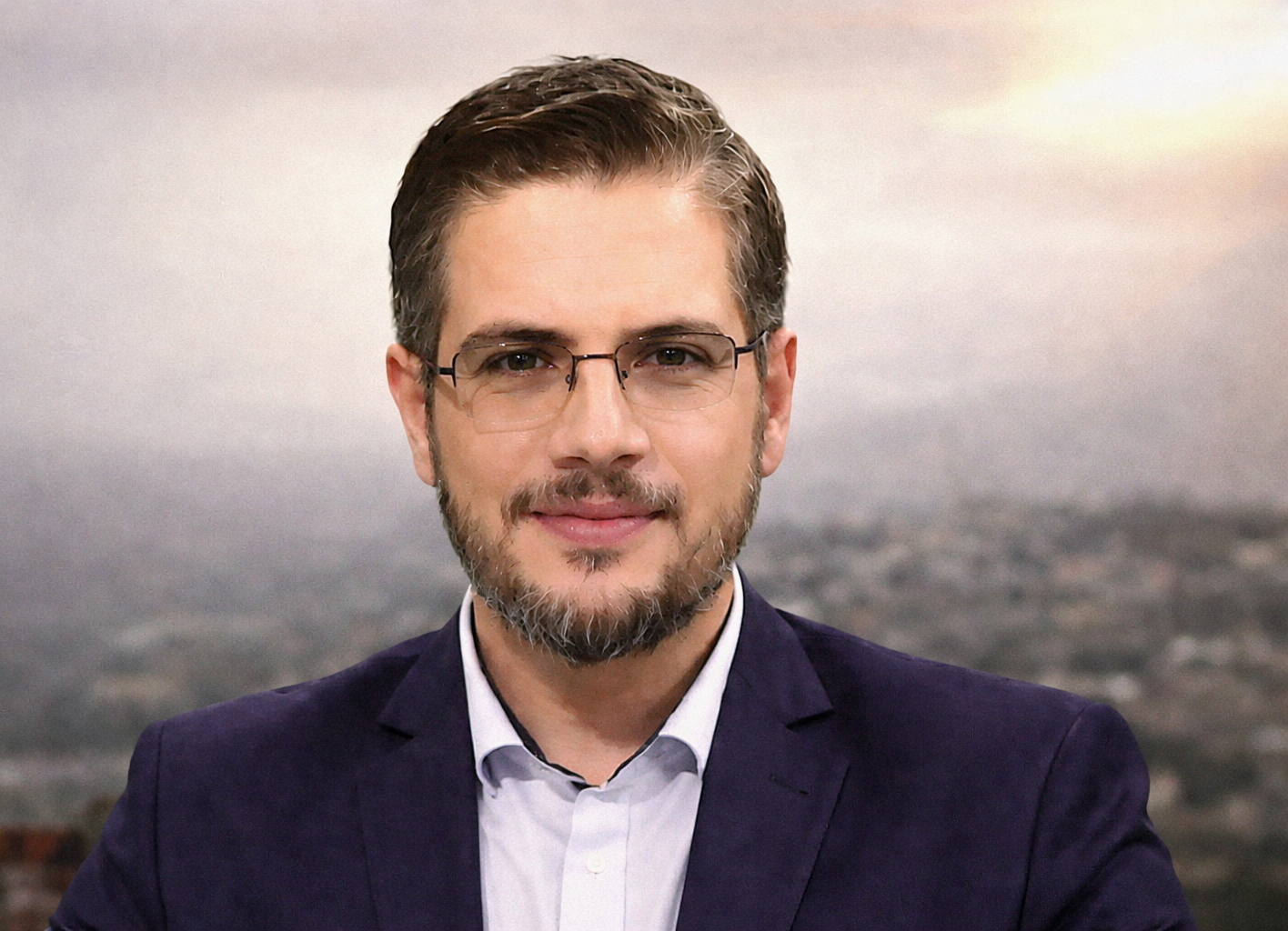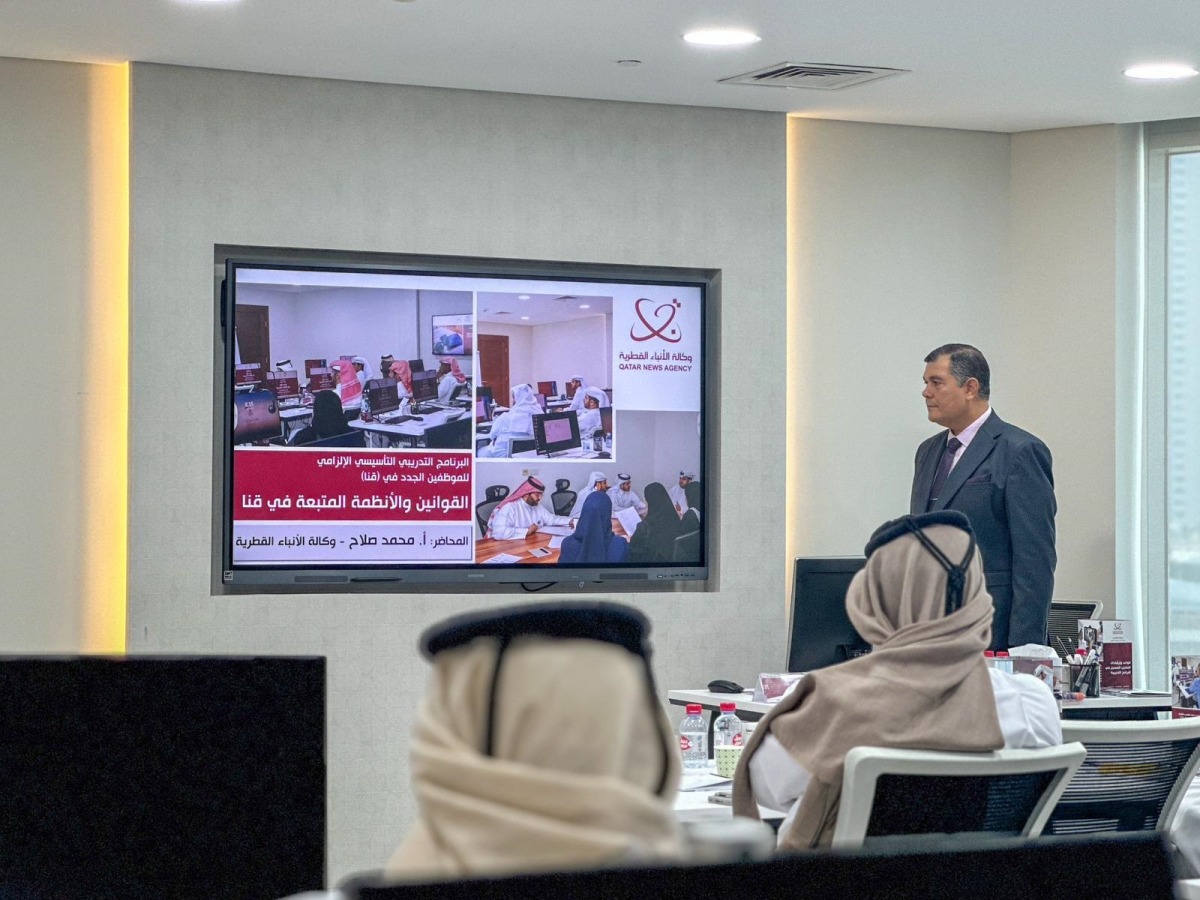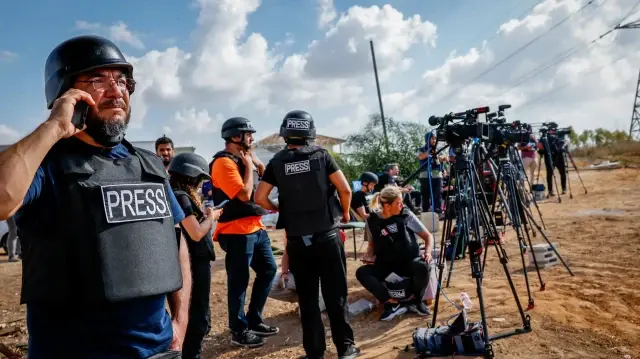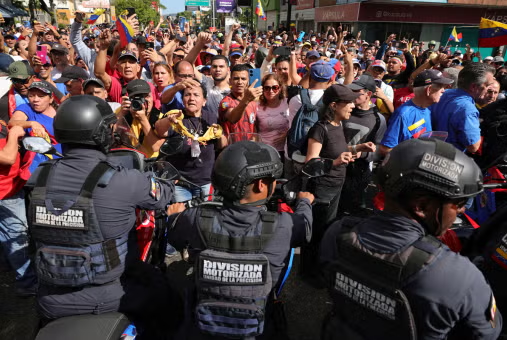
Venezuela Cracks Down on Journalists and Digital Media as Maduro Begins Third Term
January 13, 2025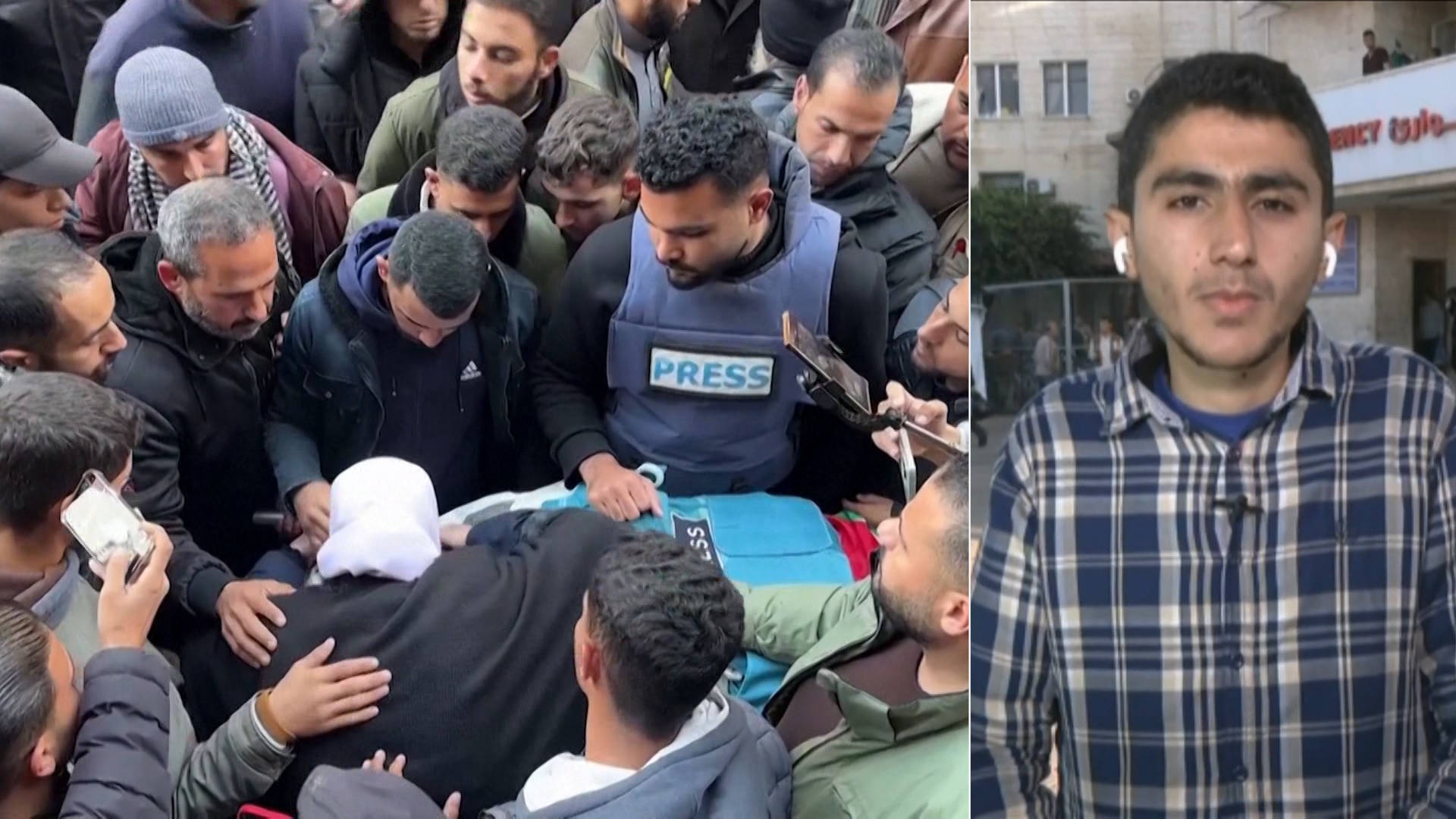
Gaza Journalist Abubaker Abed: Bearing Witness Amid Siege and Trauma
January 13, 2025January 13, 2025 – Turkey –
Turkish journalist Fatoş Sarıkaya was violently assaulted by police in the southern city of Mersin while attempting to film a public protest. The demonstration was sparked by the government’s controversial removal of elected co-mayors in the Akdeniz district—a move many observers labeled a political intervention. Sarıkaya, an accredited journalist, was shoved, her press card knocked to the ground, and she was physically prevented from recording the event.
According to the Coalition for Women in Journalism (CFWIJ), Sarıkaya’s experience is part of a disturbing trend in Turkey, where journalists, particularly women-face increasing harassment, intimidation, and violence at the hands of security forces. The assault occurred in broad daylight and was witnessed by other journalists and demonstrators, further highlighting the impunity with which authorities are acting.
This incident is not isolated. Throughout 2024 and into 2025, multiple journalists across Turkey have reported similar treatment. In protests across cities like Diyarbakır, Şırnak, and Istanbul, journalists have been beaten, detained, and had their equipment seized. During the March 2025 demonstrations following the arrest of Istanbul’s mayor, Ekrem İmamoğlu, at least eight journalists were injured by police despite clearly displaying press identification.
CFWIJ reports that since 2021, over three dozen journalists—13 of them women—have faced police violence in Turkey. Women journalists, in particular, face gender-specific abuse, including physical and verbal attacks designed to silence and intimidate them. Sarıkaya’s case underscores the heightened vulnerability of female reporters in a media environment increasingly hostile to dissent.
Press freedom advocates, including Reporters Without Borders (RSF) and the Turkish Journalists’ Union, are calling for an independent investigation into Sarıkaya’s assault and broader legal reforms to protect journalists from state violence. They warn that such crackdowns not only endanger individual reporters but also threaten Turkey’s democratic institutions by undermining the public’s right to information.
The attack on Fatoş Sarıkaya highlights a grim reality: journalism in Turkey is under siege, and those who dare to report the truth face growing risks simply for doing their jobs.
Reference –


